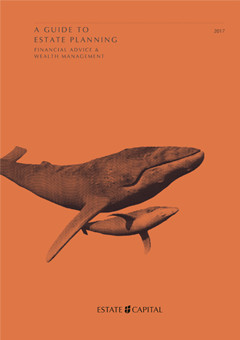There is no inheritance tax charged upon transfers on death between married couples or civil partners. Each individual benefits from a current nil rate allowance of £325,000 and therefore couples have a joint allowance of £650,000. Any unused allowance can be transferred to the surviving spouse.
On top of the nil rate allowance, homeowners with children can benefit from the main residence nil rate allowance. This allowance starts at £100,000 per individual in 2017 and rises by £25,000 each year to £175,000 in 2020. This allowance only applies to the value of the family home when inherited by the home owner’s children.
Other exemptions are given to privately owned businesses and farms that if trading are exempt from inheritance tax.








